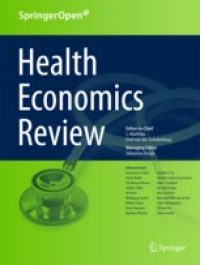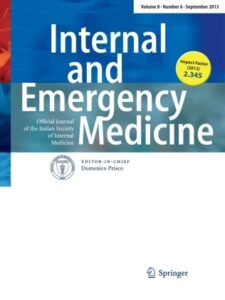Health authorities are constantly searching for new ways to stabilise health expenditures. To explore this issue, we compared the costs generated by different types of medical practice in French general medicine: i.e. conventional (CM-GP), homeopathic (Ho-GP), or mixed (Mx-GP). Data from a previous cross-sectional study, EPI3 La-Ser, were used. Three types of cost were analysed: (i) consultation cost (ii) prescription cost and (iii) total cost (consultation + prescription). Each was evaluated as: (i) the cost to Social Security (ii) the remaining cost (to the patient and/or supplementary health insurance); and (iii) health expenditure (combination of the two costs). With regard to Social Security, treatment by Ho-GPs was less costly (42.00 € vs 65.25 € for CM-GPs, 35% less). Medical prescriptions were two-times more expensive for CM-GPs patients (48.68 € vs 25.62 €). For the supplementary health insurance and/or patient out-of-pocket costs, treatment by CM-GPs was less expensive due to the lower consultation costs (6.19 € vs 11.20 € for Ho-GPs) whereas the prescription cost was comparable between the Ho-GPs and the CM-GPs patients (15.87 € vs 15.24 € respectively) . The health expenditure cost was 20 % less for patients consulting Ho-GPs compared to CM-GPs (68.93 € vs 86.63 €, respectively). The lower cost of medical prescriptions for Ho-GPs patients compared to CM-GPs patients (41.67 € vs 63.72 €) was offset by the higher consultation costs (27.08 € vs 22.68 € respectively). Ho-GPs prescribed fewer psychotropic drugs, antibiotics and non-steroidal anti-inflammatory drugs. In conclusions management of patients by homeopathic GPs may be less expensive from a global perspective and may represent an important interest to public health.






